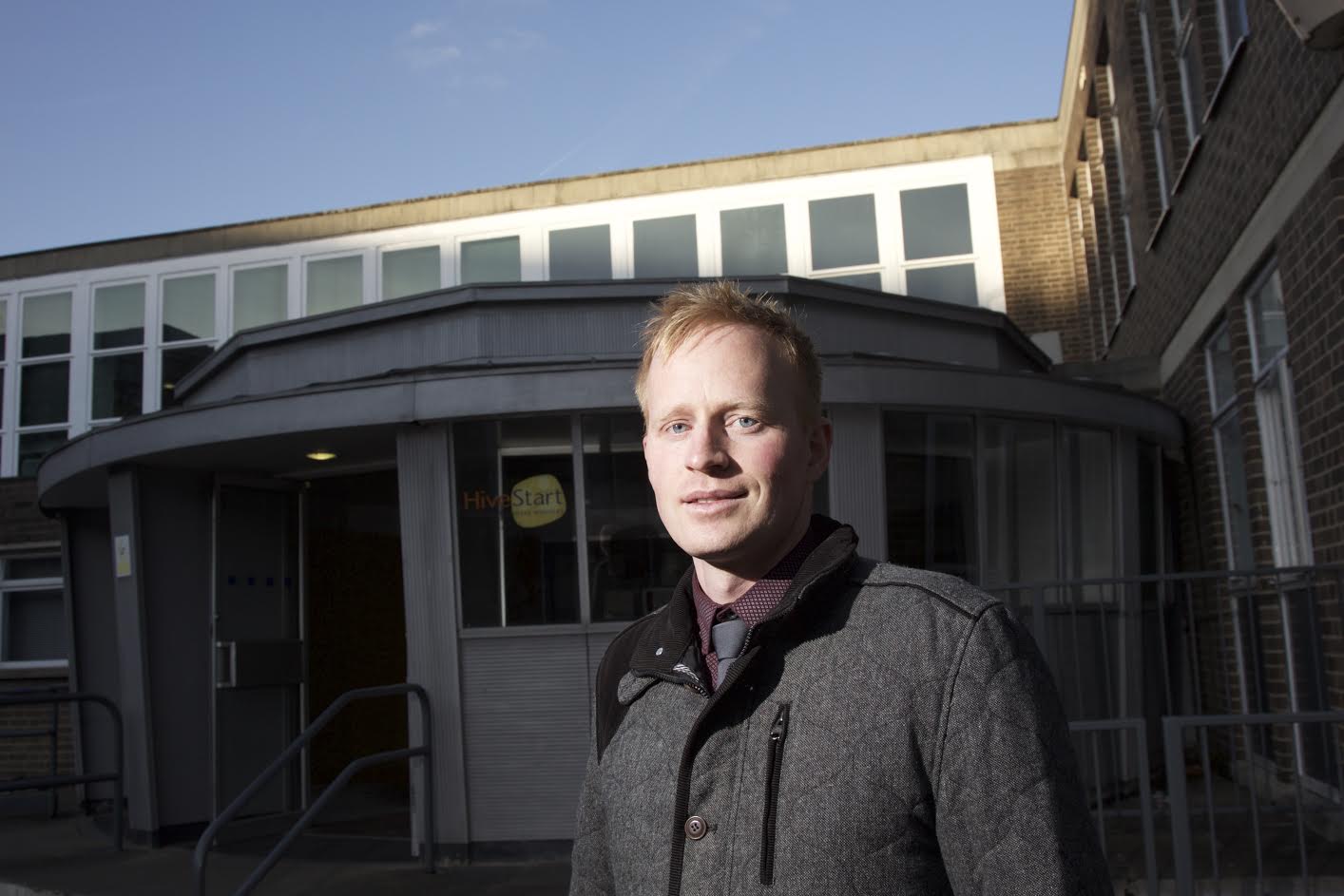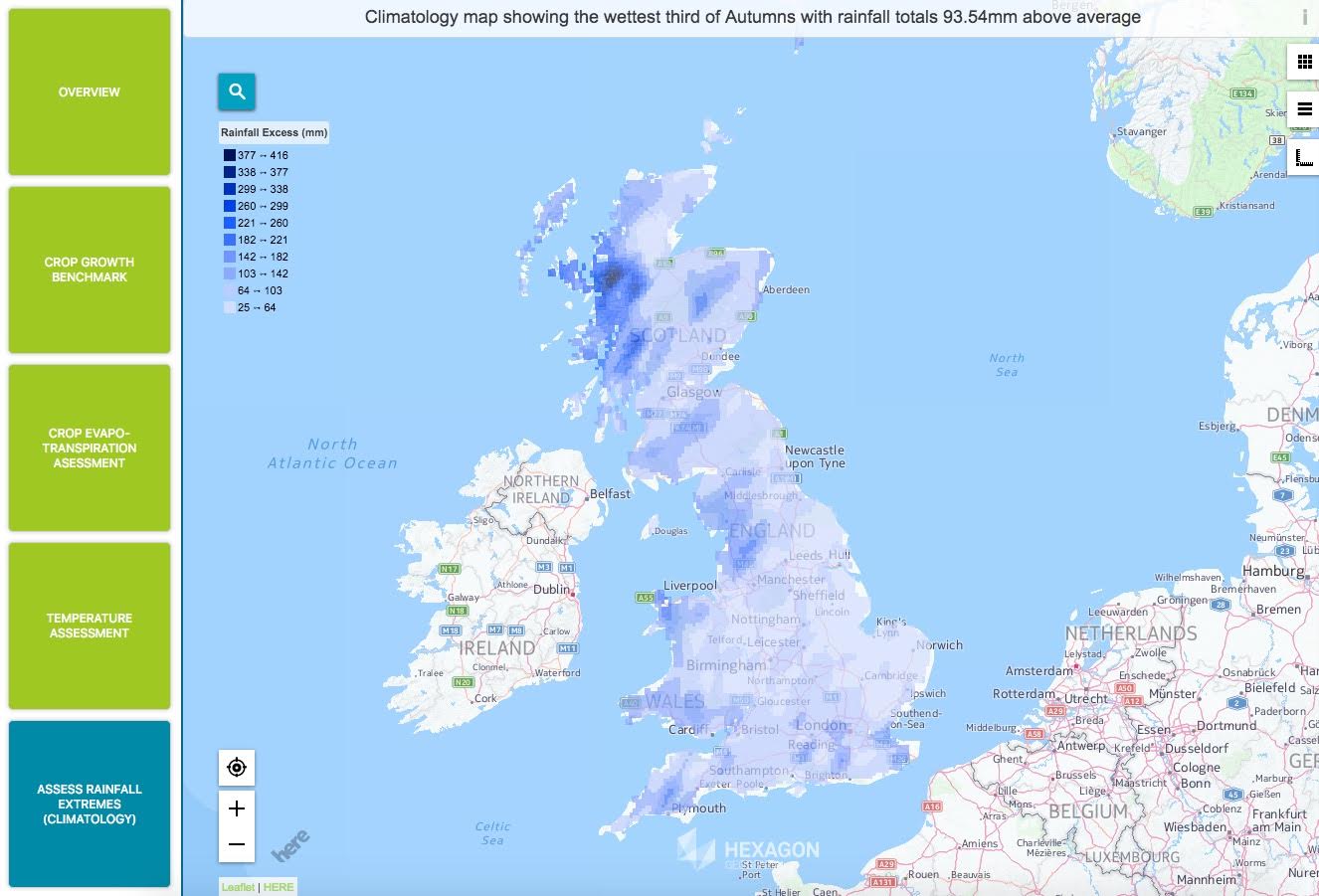
Pest infestations and extreme weather which affect crops could be predicted months ahead thanks to a new business launched in conjunction with The Hive at Nottingham Trent University.
Climate Smart-Crop is an application that aims to transform the way the agricultural industry grows crops, in a bid to help tackle a future global food shortage.
Developer Dr Christopher Nankervis uses an innovative algorithm to predict changes in weather conditions on seasonal timetables and provides efficient forecasts that are accurate to within a few kilometres.

Using satellites and historical data ranging from the 1960s to present day, his company’s software can alert farmers of impending pest infestations, as well as calculate the length of growing season they can expect for their crop.
Working alongside leading academics in meteorology, the application will help farmers pinpoint their farm sites and gain insights into the type of crops that will grow best on their land.
Population growth and the demand for more food
Dr Nankervis says the software could also be developed to inform the public of heat waves, warn shops of shortages of winter vegetables like Brussels sprouts, as well as alert energy suppliers of temperature changes to allow time to buy extra fuel to meet high demands.
Dr Nankervis said: “As the population grows, the demand for food will also increase. This combined with extreme weather could lead to food shortages during some growing seasons. With this application farmers can predict how weather patterns will affect their crop, allowing them time to plan ahead in order to mitigate any adverse conditions.
“A major problem in farming is the over-application of fertilisers. Their excessive use significantly contributes to the UK’s greenhouse gas emissions. By allowing farmers to understand the impacts and when they should be spreading on their crop, we can reduce the amount of environmental harm.”
Weather Logistics was recently shortlisted in a competition which could see them receive a $100,000 (£80,000) grant to continue their work on location-data based products.
He added: “As a scientist, I didn’t know a lot about running a business, but the advisors at The Hive provided me with professional and tailored feedback to place my business on the right track.”
